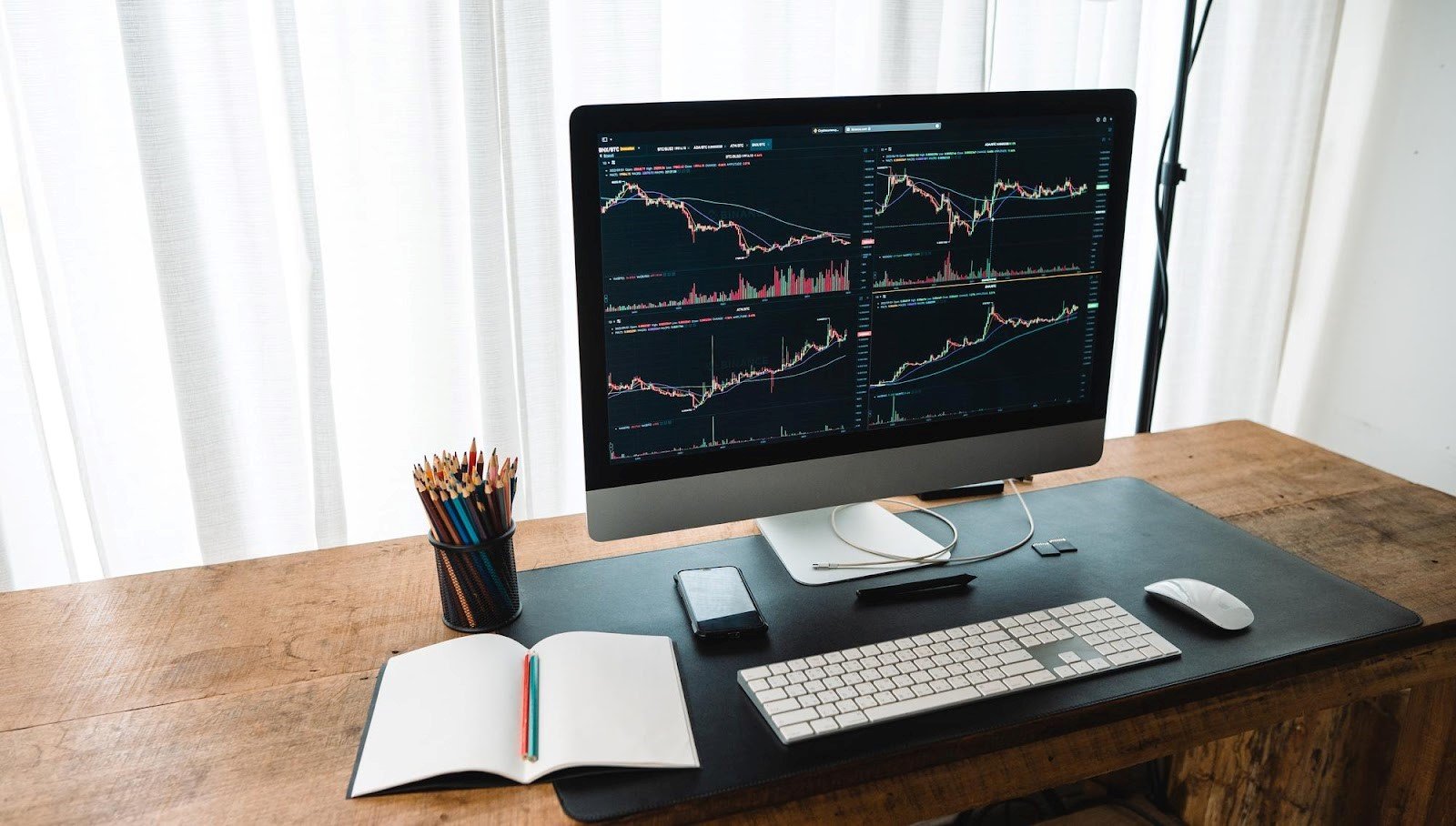Nowadays Forex trading has become extremely popular around the world. France is not an exception. This country is one of Europe’s biggest, most dynamic, and potentially most rewarding Forex markets. Traders Union analysts listed the best Forex brokers in France, delving into their regulation and other specifics.
Is Forex trading legit in France?
Yes, Forex trading is legitimate in France. Forex trading is a global decentralized market where participants trade currencies. As a member of the European Union, France follows the regulations and guidelines set by the European Securities and Markets Authority (ESMA) and the Autorité des Marchés Financiers (AMF), which is the financial regulatory authority in France.
To engage in Forex trading in the country, individuals and companies must adhere to the regulations established by the AMF. The AMF regulates and supervises financial activities, including Forex brokers and trading platforms, to ensure fair and transparent trading practices and protect investors’ interests.
Forex brokers operating in France are required to obtain authorization from the AMF and comply with strict regulatory standards. They must provide transparent information about their services, fees, and risk disclosure to clients. The AMF also maintains a list of authorized Forex brokers, which can be accessed on their official website.
How to start trading Forex in France
To start trading Forex in France, follow these steps:
- Educate yourself. Start by learning about the Forex market, including how it operates, major currency pairs, trading strategies, risk management, and technical analysis. There are various online resources, courses, books, and educational materials available to help you gain knowledge and understanding.
- Choose a reliable Forex broker. Select a reputable and regulated Forex broker that is authorized by the Autorité des Marchés Financiers (AMF). Ensure the broker offers a user-friendly trading platform, competitive spreads, a wide range of currency pairs, and reliable customer support. Consider factors such as regulation, security of funds, trading conditions, and available trading tools.
- Open a trading account. Once you have chosen a Forex broker, open a trading account with them. This typically involves completing an application form, providing identification documents, and meeting any minimum deposit requirements. Choose the account type that suits your trading needs, whether it’s a standard account, mini account, or demo account for practice.
- Fund your account. Deposit funds into your trading account. Brokers usually offer multiple funding options, including bank transfers, credit/debit cards, and online payment systems. Ensure you are comfortable with the deposit and withdrawal methods offered by the broker.
- Develop a trading plan. Create a trading plan that outlines your trading goals, risk tolerance, preferred trading strategies, and money management principles. A well-defined plan helps you stay focused, disciplined, and consistent in your trading activities.
- Practice with a demo account. Many brokers offer demo accounts that allow you to practice trading using virtual money. Utilize the demo account to familiarize yourself with the trading platform, test your strategies, and gain confidence before trading with real money.
- Learn technical analysis. Study technical analysis tools such as chart patterns, indicators, and trendlines. These tools can assist you in analyzing price charts and making informed trading decisions.
- Start trading. Once you feel confident with your skills and have a trading plan in place, you can begin trading Forex. Monitor the markets, identify potential trading opportunities based on your analysis, and execute trades according to your trading plan. Remember to practice proper risk management, including setting stop-loss and take-profit levels, and avoid risking more than you can afford to lose.
- Review and adjust. Regularly evaluate your trading performance, review your trades, and identify areas for improvement. Adjust your trading strategies and approach based on your analysis and experiences.
Summary
Starting trading in France is quite easy. But remember that Forex trading involves risks, and it’s important to trade responsibly, manage your risk, and never risk more than you can afford to lose. It’s also advisable to consult with a financial advisor or seek professional guidance if needed.
On the Traders Union website you will find all necessary information: what brokers are the best in France, what time is the best for trading, and more.



